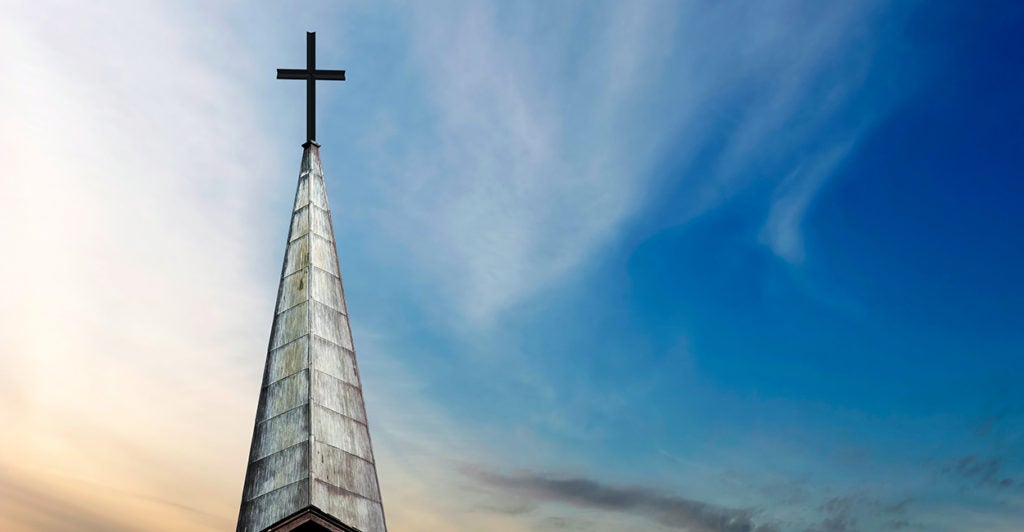A federal judge blocked Kansas from limiting attendance at religious services during the coronavirus pandemic Saturday.
Wichita U.S. District Judge John Broomes blocked an order from Kansas Gov. Laura Kelly, a Democrat, limiting attendance at religious services to 10 people or fewer.
Broomes’ ruling prevents Kelly’s enforcement of the order as long as pastors and congregations observe social distancing, Politico reports. The decision will remain in effect until May 2.
>>> When can America reopen? The National Coronavirus Recovery Commission, a project of The Heritage Foundation, is gathering America’s top thinkers together to figure that out. Learn more here.
“Churches and religious activities appear to have been singled out among essential functions for stricter treatment,” the judge wrote in his order.
“This is not about religion,” the Kansas governor said in a statement following the decision. “This is about a public health crisis.”
During this sacred week for many Americans, AG Barr is monitoring govt regulation of religious services. While social distancing policies are appropriate during this emergency, they must be applied evenhandedly & not single out religious orgs. Expect action from DOJ next week!
— KerriKupecDOJ (@KerriKupecDOJ) April 12, 2020
The judge’s order still requires religious services to abide by social distancing recommendations, such as requiring people to stay 6 feet apart. Broomes also has a hearing scheduled for Thursday regarding a lawsuit filed by two churches and their pastors against Kelly, Politico reports.
News of Broomes’ ruling comes after Attorney General William Barr released a statement on religious practices and social distancing during the coronavirus pandemic saying that “even in times of emergency,” federal law prohibits religious discrimination.
“Thus, government may not impose special restrictions on religious activity that do not also apply to similar nonreligious activity,” Barr said.
“For example, if a government allows movie theaters, restaurants, concert halls, and other comparable places of assembly to remain open and unrestricted, it may not order houses of worship to close, limit their congregation size, or otherwise impede religious gatherings.”
He added: “Religious institutions must not be singled out for special burdens.”
Where states have not acted evenhandedly, they must have compelling reason to impose restrictions on places of worship, the attorney general said. They also must ensure that the restrictions are “narrowly tailored to advance its compelling interest.”
Content created by The Daily Caller News Foundation is available without charge to any eligible news publisher that can provide a large audience. For licensing opportunities for this original content, email licensing@dailycallernewsfoundation.org.
